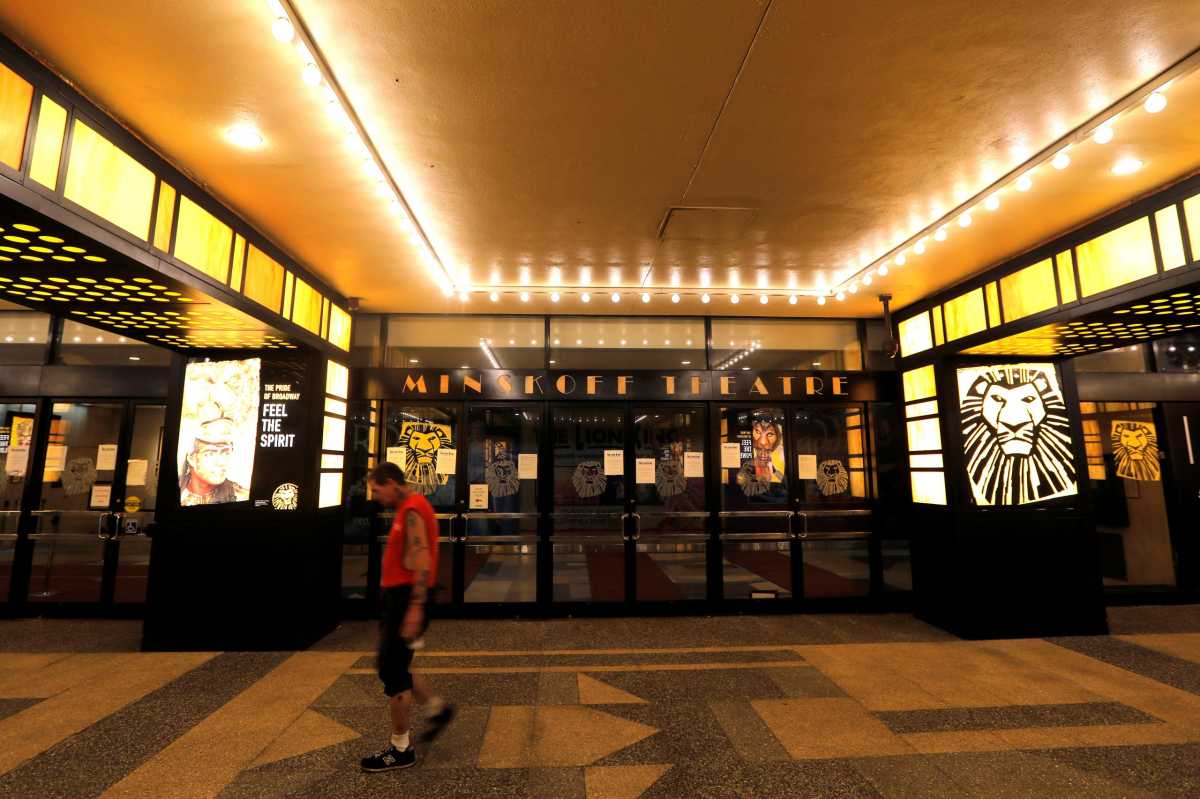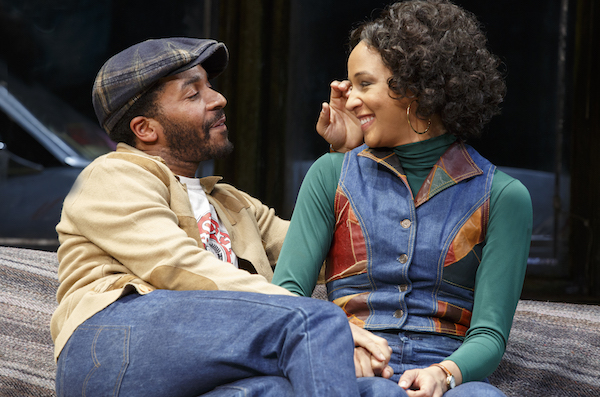The past year was gut-wrenching for the entire theater community. One of the most vibrant parts of New York City that captures the imagination of the entire world went practically dark.
As president of the Off-Broadway League and a longtime theater manager, I witnessed the incalculable devastation the COVID-19 pandemic had on the industry. Actors, stage managers, designers and directors lost both their primary arts jobs and secondary jobs in the food and drink industry and were put on the unemployment rolls, struggling to survive. Livelihoods have been disrupted and dreams are put on hold.
It will take years to move past the collective pain and hardship of the pandemic. And while we can all cautiously rejoice as the City starts to reopen and audiences return, things are far from stable, and they won’t be for a long time.
Turning our focus and attention away from the very real financial struggles that everyone in the theater community faces will only do further long-term damage. We need more support in the way of federal stimulus for actors, staff, employees and theaters themselves. I urge Congress to continue prioritizing funding for the theater industry and cultural sector to ensure the long-term health of our community.
While seeing shows and performances come back to life has provided a sense of possibility, behind the scenes many continue to struggle. Our members, which include smaller, non-profit theater companies, are facing some of their biggest deficits ever. Many staff have not been rehired and others are still operating at reduced wages. Organizations have fallen desperately far behind on rent.
Because of all these factors, it has become increasingly difficult for many of us to restart our producing efforts, which has downstream and compounding effects. With less revenue, producers cannot rehire workers or increase salaries. And of course, fewer shows mean less work for actors, stage managers, production crew, front of house staff, creative teams, marketing agencies, and casting directors.
We are all inextricably linked together. While federal stimulus money has been somewhat of a lifeline, it still is not enough to make up for what has been unprecedented losses for our members. Furthermore, because there are so many requirements and strings attached that come with funding, many of us needed to hire outside lawyers, accountants and counsel to help us navigate these processes and even determine eligibility.
And with Governor Cuomo announcing the end of all COVID-19 restrictions in the state, our members are now ineligible for some of this stimulus funding because they were partially contingent on the presence of pandemic restrictions on business operations.
On top of all of this, our members are dealing with the uncertainty of our multi-year labor contract with Actors Equity, which expires at the end of July. We are hopeful that we can find common ground and reach a long-term agreement that provides much-needed stability for everyone at the bargaining table. A silver lining of the pandemic has been the time to examine our traditions and work to implement more equitable and inclusive practices, and we look forward to making progress on those issues as well.
What we need in this continued time of crisis is more financial support. I was pleased to see the Biden administration proposed a significant increase funding for the National Endowment of the Arts, but we also need another round of stimulus checks for everyone in the industry, from actors to directors to stagehands, along with direct cash to smaller theaters so they can keep the lights on–especially the smaller, non-profit organizations like the ones in our league.
In the meantime, we are of course doing everything possible to support our members, including pooling resources and knowledge, networking together, advocating, and sharing best practices. But we are not a major corporation made up of millionaires. Our resources only go so far.
The alternatives to financial support are fewer shows, more cuts and disappearing jobs.
But this goes beyond economics–it’s also about the identity of New York City. In many ways, a thriving arts and cultural sector is our city’s heart and soul. To truly move past the devastating impacts of the pandemic and to bring back New York, we need action now.
Casey York is President of the Off-Broadway League.







































